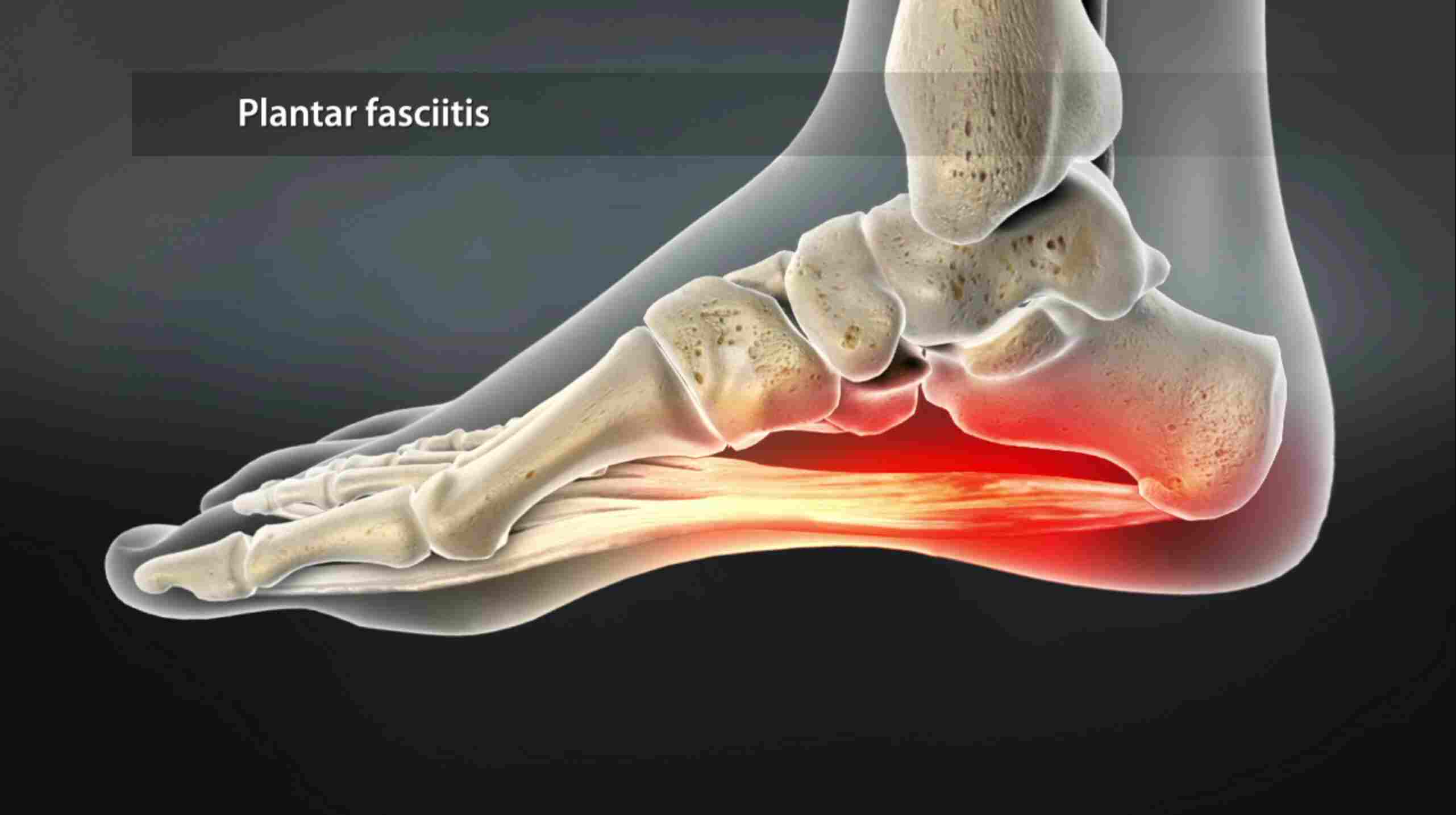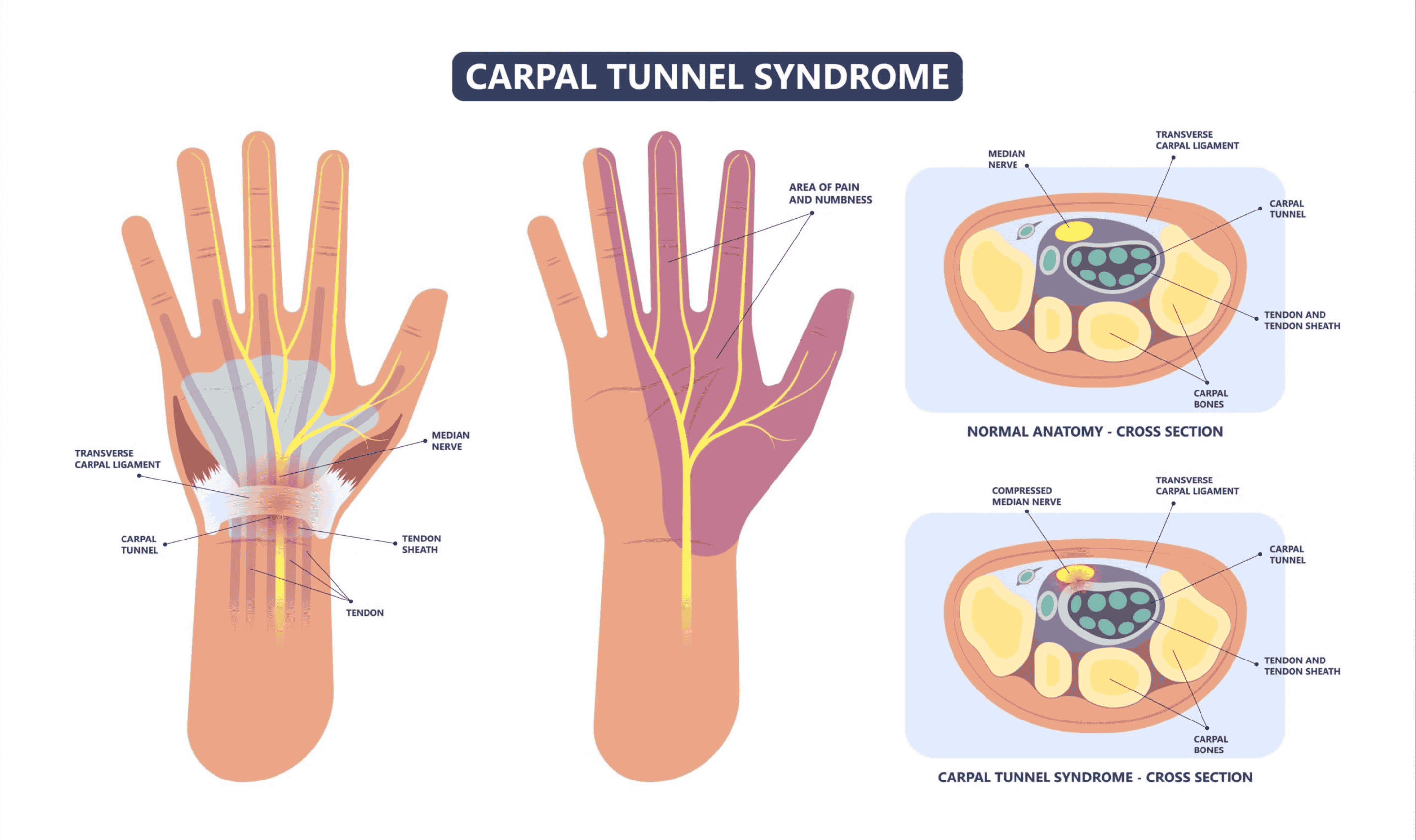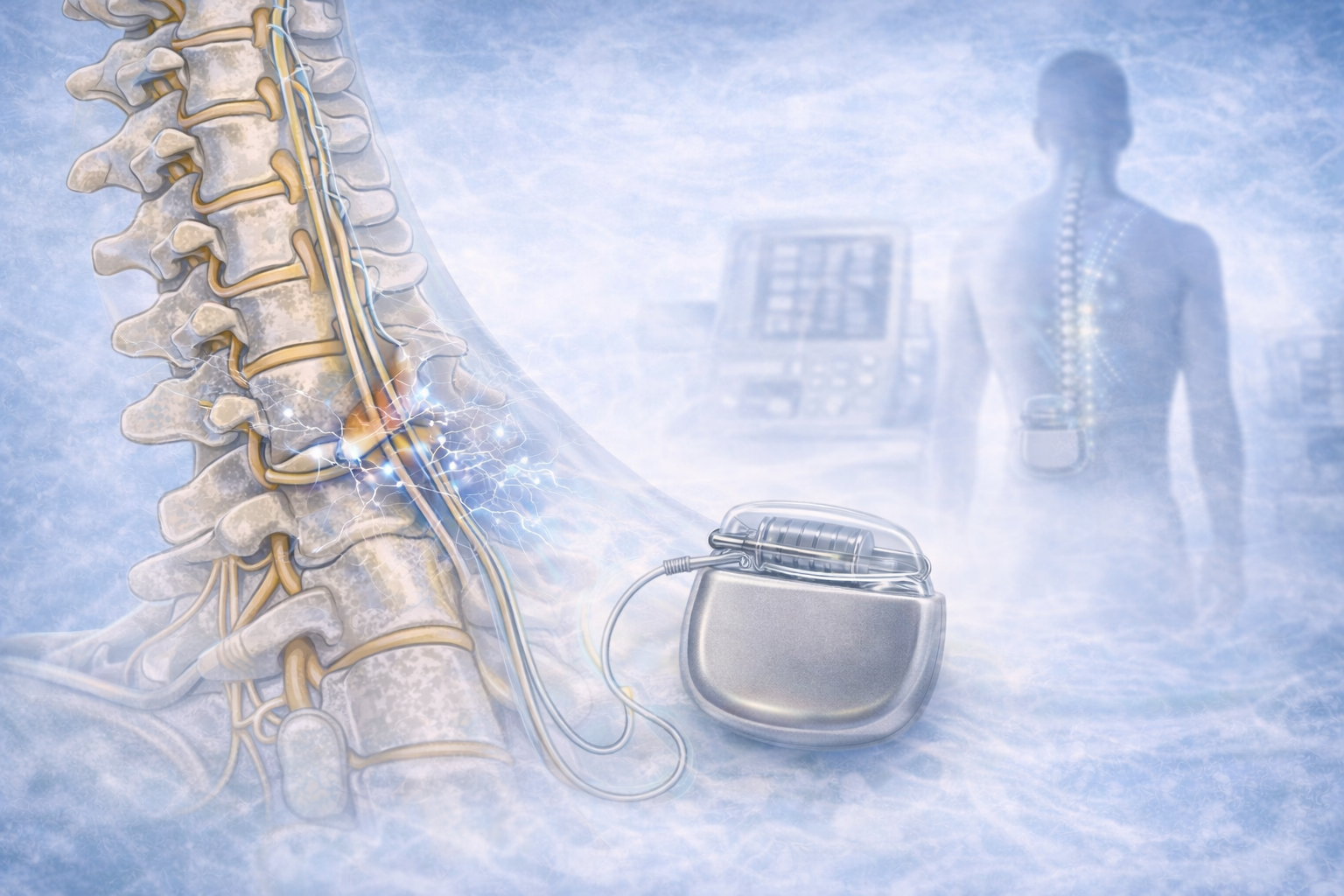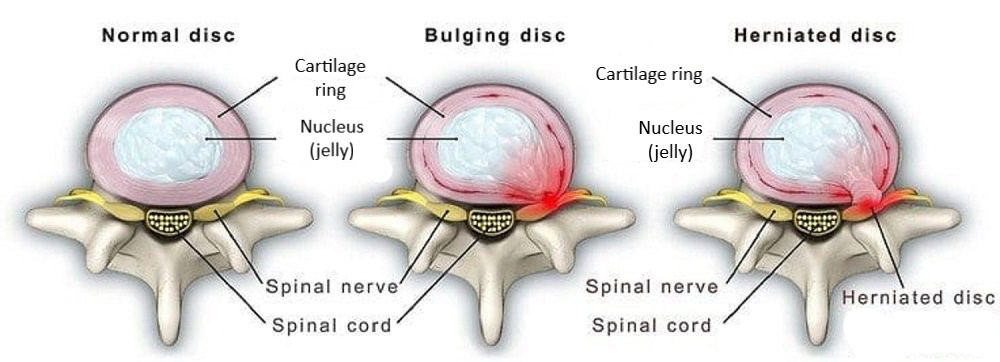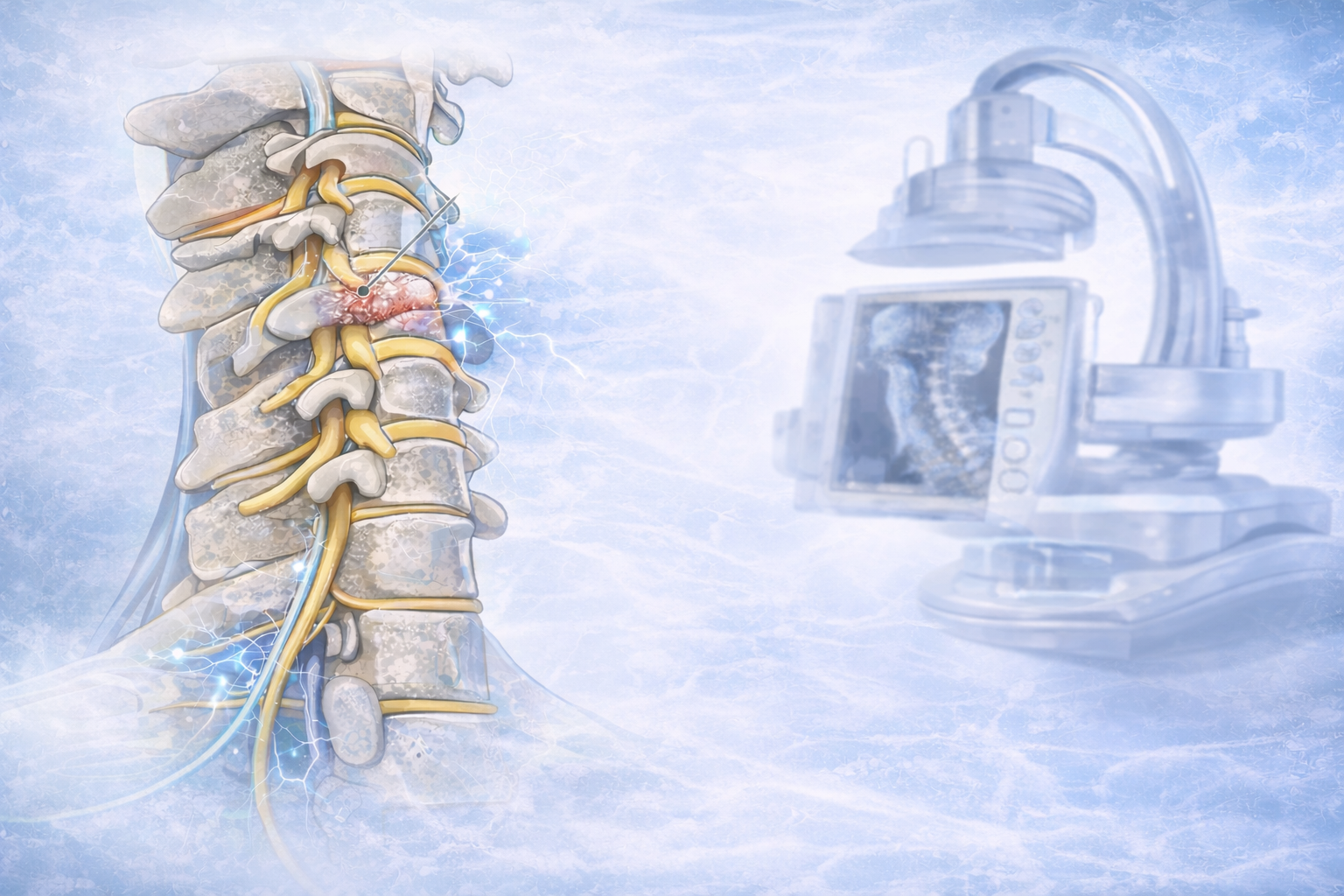Understanding Occipital Neuralgia: Causes, Symptoms, and Non-Surgical Treatment Approaches
Occipital neuralgia is a debilitating condition characterized by chronic pain in the occipital region of the head, often radiating to the back of the eyes or scalp. This condition can significantly impact daily life, but relief is possible with proper diagnosis and treatment. In this blog, we'll explore the causes, symptoms, and non-surgical treatment approaches available at JPRC Neuro Spine Centre under the expertise of Dr. Sanjay Sharma.
What is Occipital Neuralgia?
Occipital neuralgia is a neurological condition characterized by sharp, shooting pain that originates from the occipital nerves, which run from the base of the skull to the top of the head. The pain is often described as stabbing, throbbing, or shock-like and can be triggered by various factors, including movement of the neck, pressure on the scalp, or even touching the affected area.
Causes of Occipital Neuralgia
Occipital neuralgia can occur due to various factors, including:
- Compression or irritation of the occipital nerves by surrounding structures, such as muscles, ligaments, or blood vessels
- Trauma or injury to the head or neck
- Cervical spine disorders, such as herniated discs or arthritis
- Inflammation of the occipital nerves
Recognizing Occipital Neuralgia Symptoms
Common symptoms of occipital neuralgia include:
- Sharp, shooting pain in the back of the head, scalp, or behind the eyes
- Pain that worsens with movement of the neck or pressure on the scalp
- Sensitivity to light or noise- Scalp tenderness
- Numbness or tingling in the scalp
Non-Surgical Treatment Approaches at JPRC Neuro Spine Centre
Dr. Sanjay Sharma specializes in non-surgical treatment approaches for occipital neuralgia, offering patients relief without the need for invasive procedures. Some of the treatment options available include:
- Medication Management: Prescription medications such as muscle relaxants, anti-inflammatories, or nerve pain medications may help alleviate symptoms and reduce inflammation around the occipital nerves.
- Occipital Nerve Blocks: Minimally invasive occipital nerve blocks involve injecting a local anesthetic and corticosteroid near the occipital nerves to block pain signals and provide relief.
- Physical Therapy: Targeted exercises, stretches, and manual therapy techniques can help improve neck posture, reduce muscle tension, and alleviate pressure on the occipital nerves.
- Radiofrequency Ablation: This procedure involves using heat generated by radiofrequency energy to temporarily disrupt the function of the occipital nerves, providing longer-lasting relief from pain.
Conclusion
Occipital neuralgia can be a challenging condition to live with, but with the expertise of Dr. Sanjay Sharma and the non-surgical treatment approaches available at JPRC Neuro Spine Centre, relief is possible. If you're experiencing symptoms of occipital neuralgia, don't hesitate to schedule a consultation and explore your treatment options. Effective treatment can help you regain control of your life and find relief from the debilitating pain of occipital neuralgia.










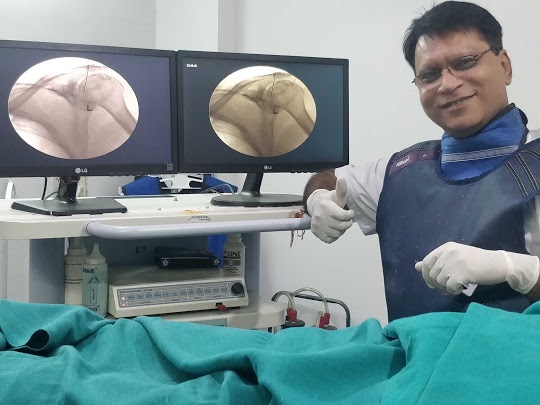





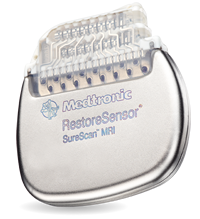







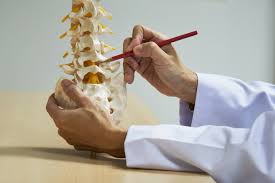
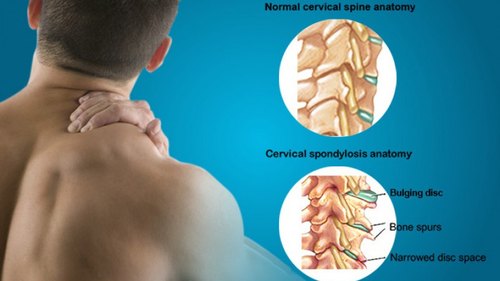
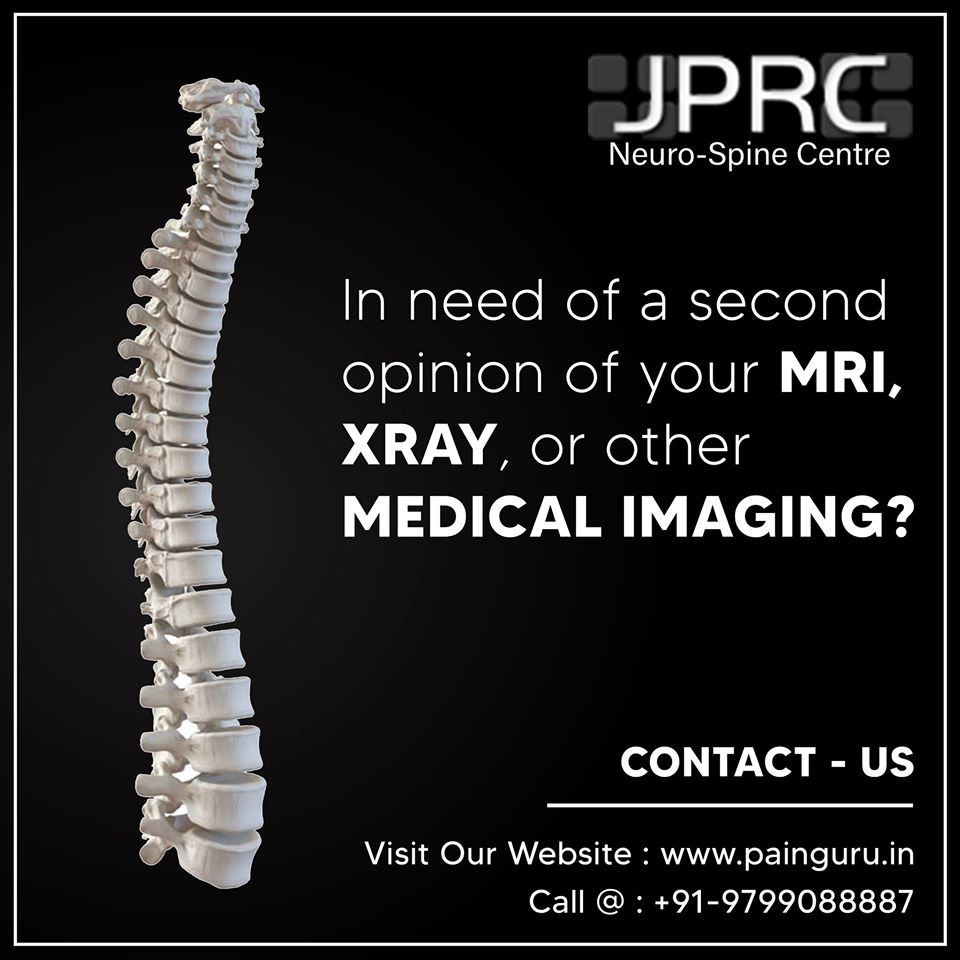
















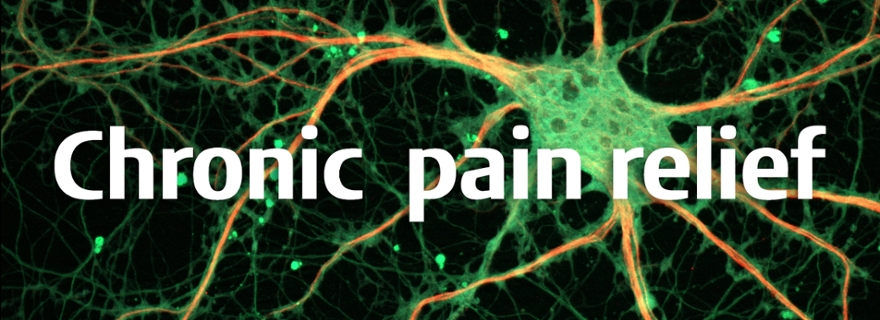


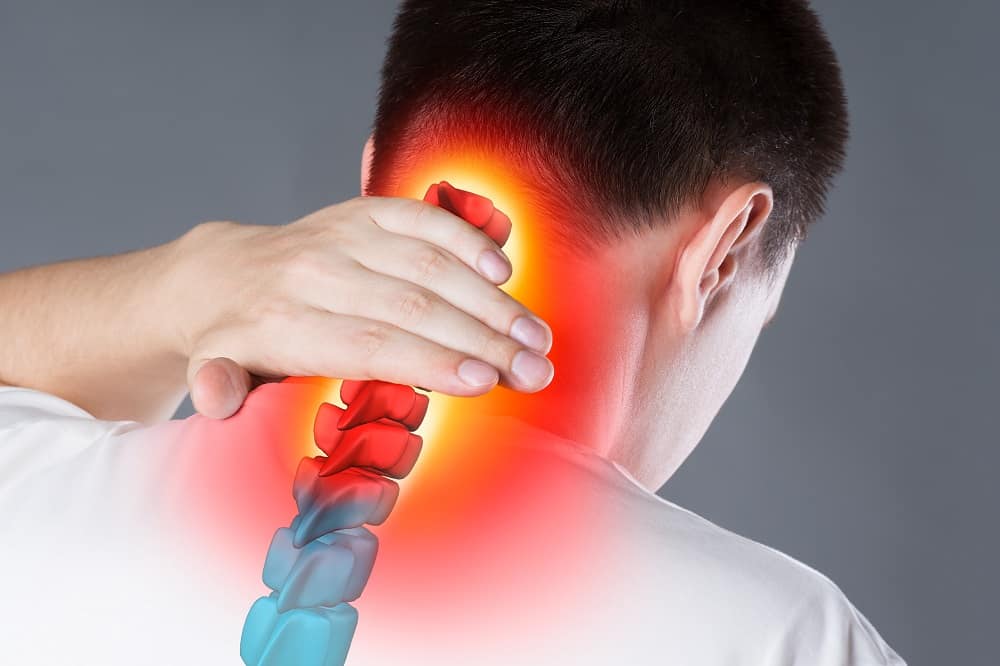
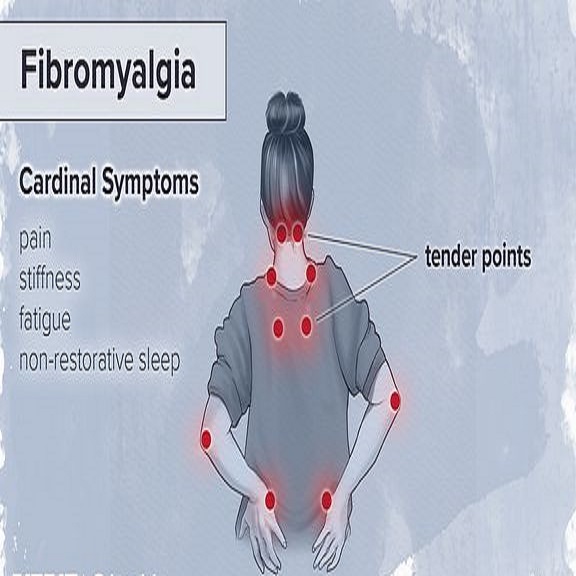
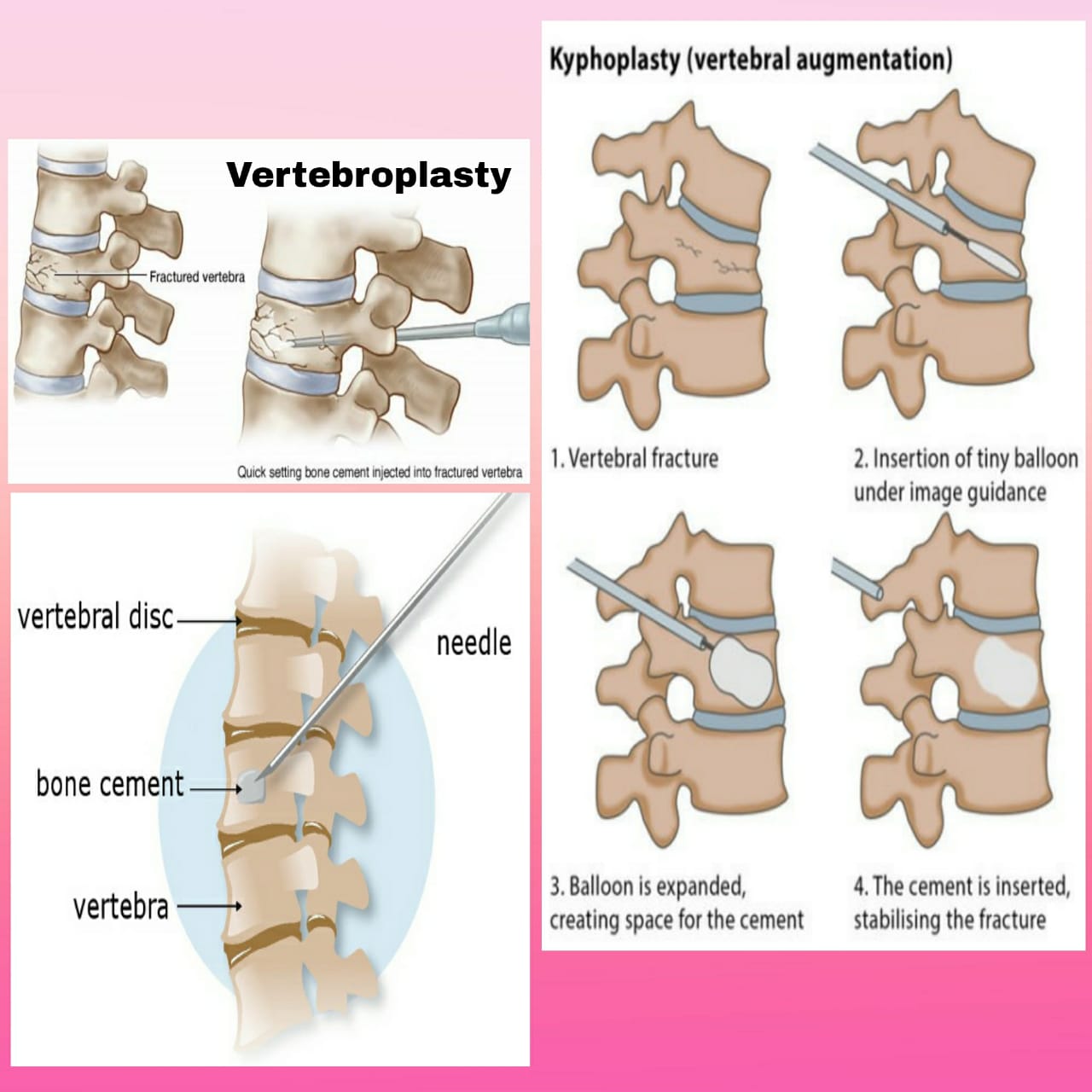


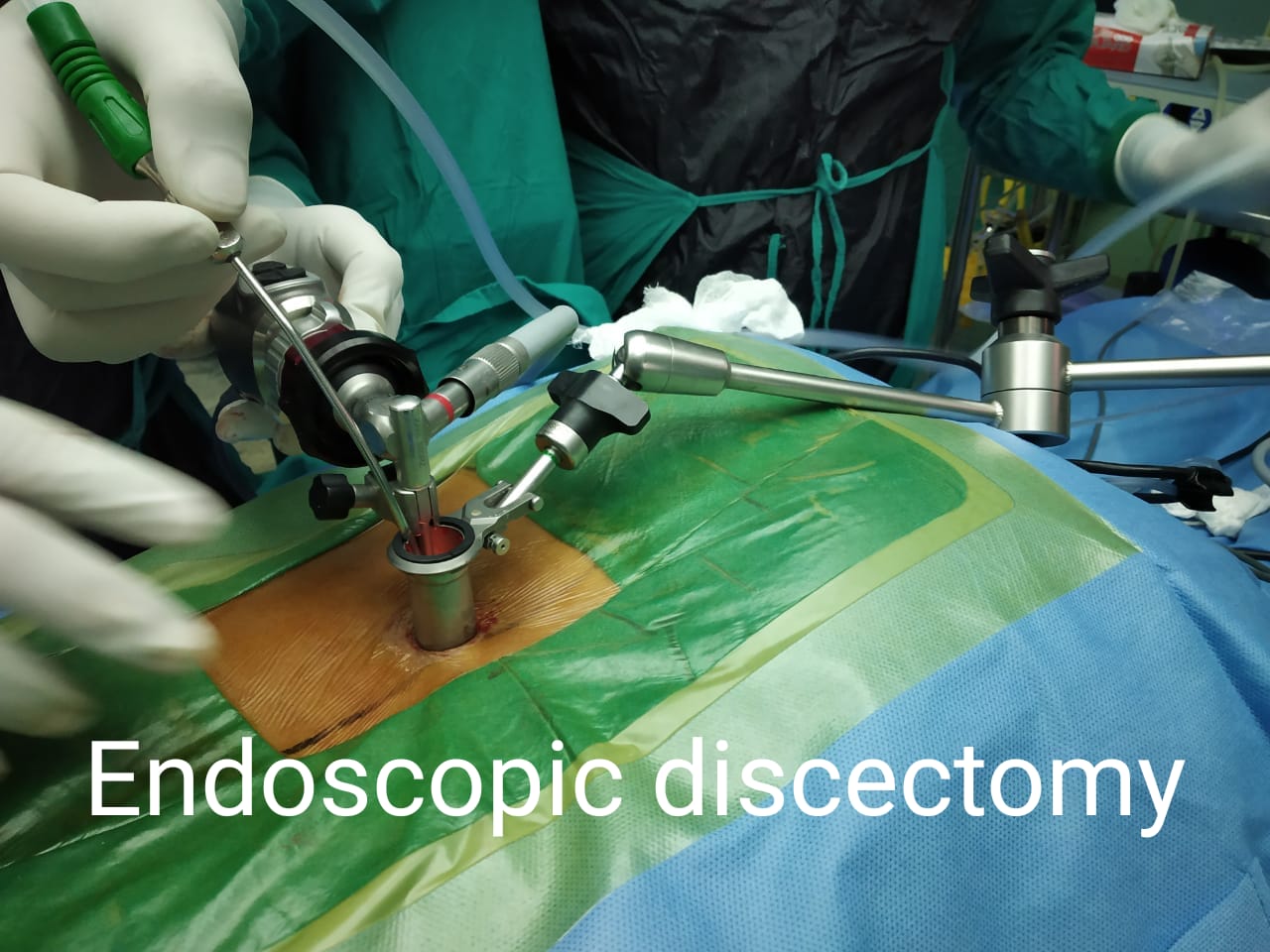



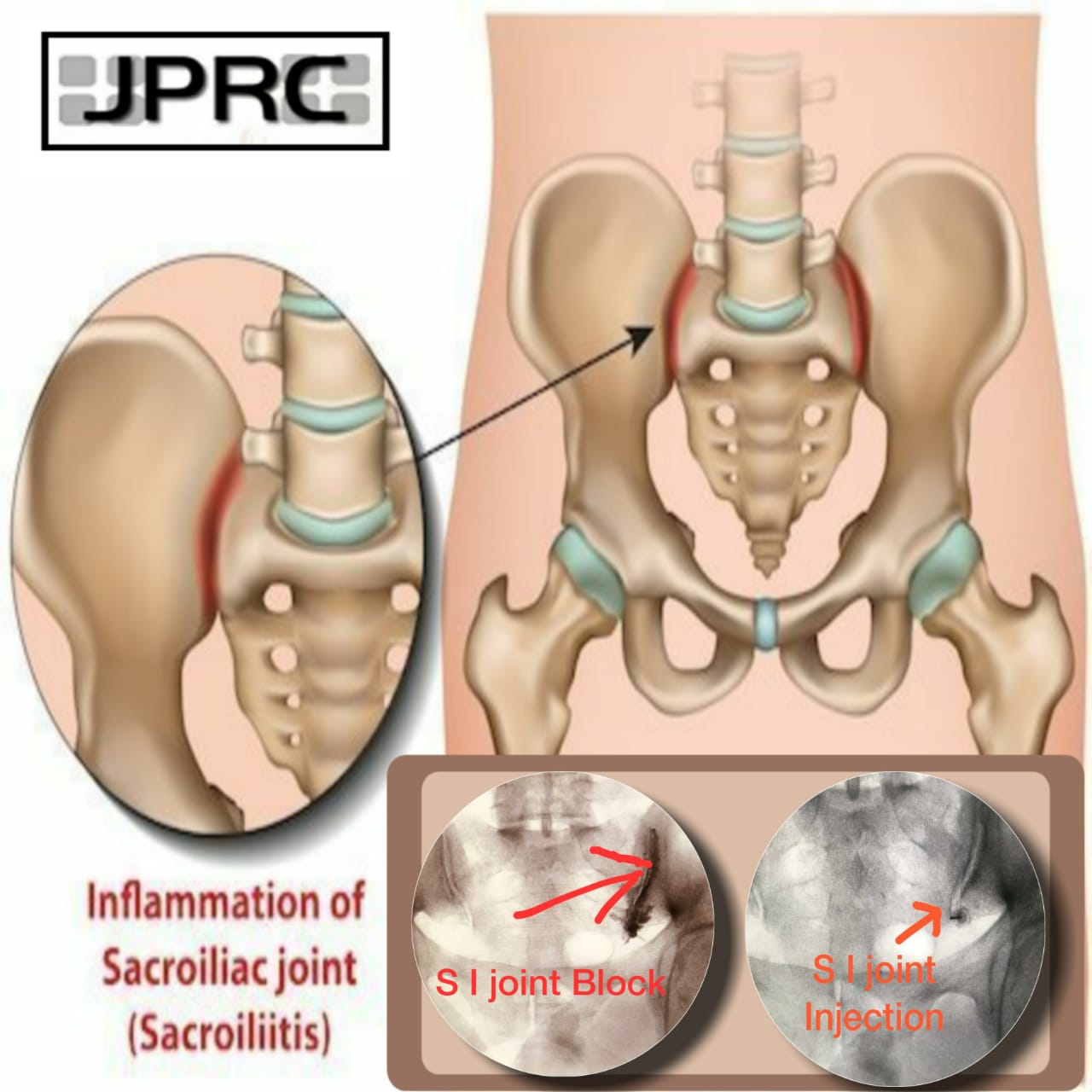





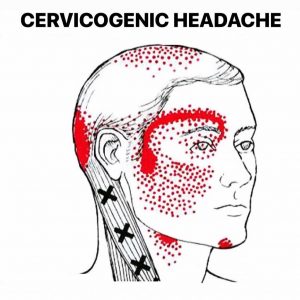




.jpg)








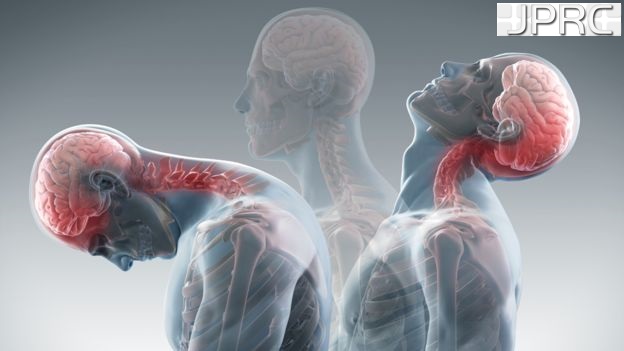


_Injection_Description_in_Hindi.jpg)









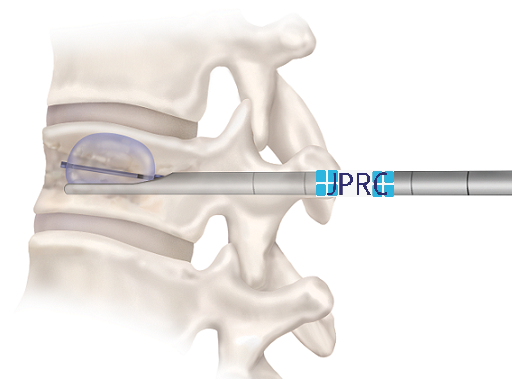
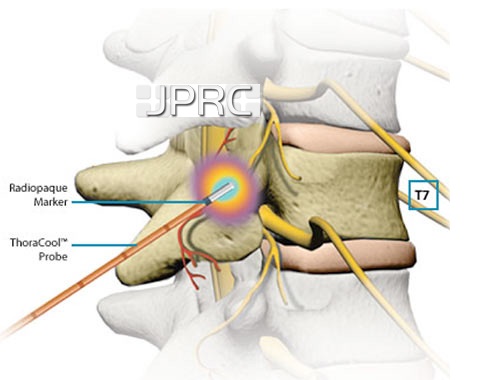



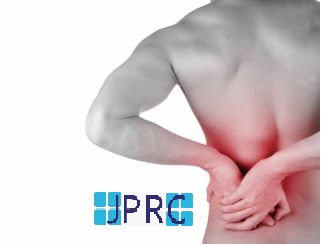

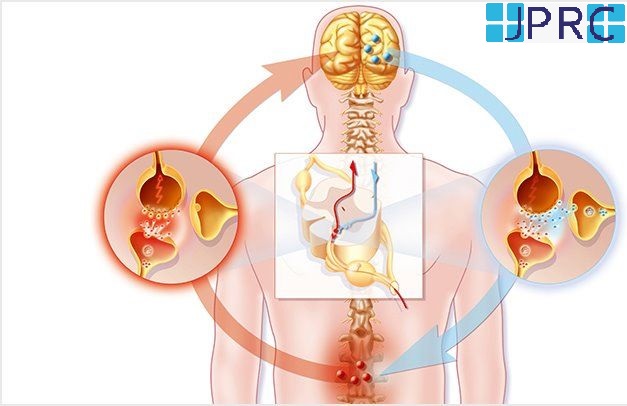


.jpg)








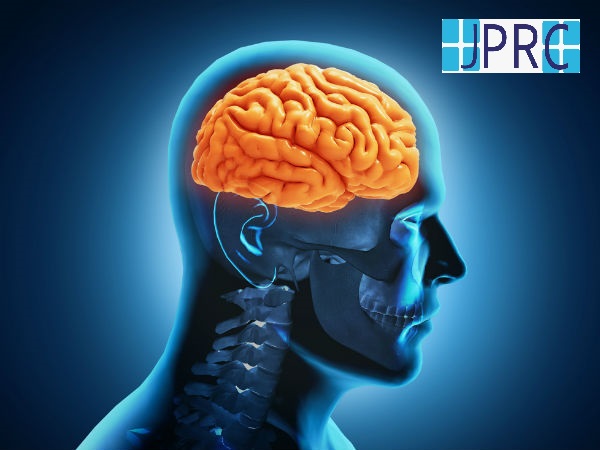

.jpg)


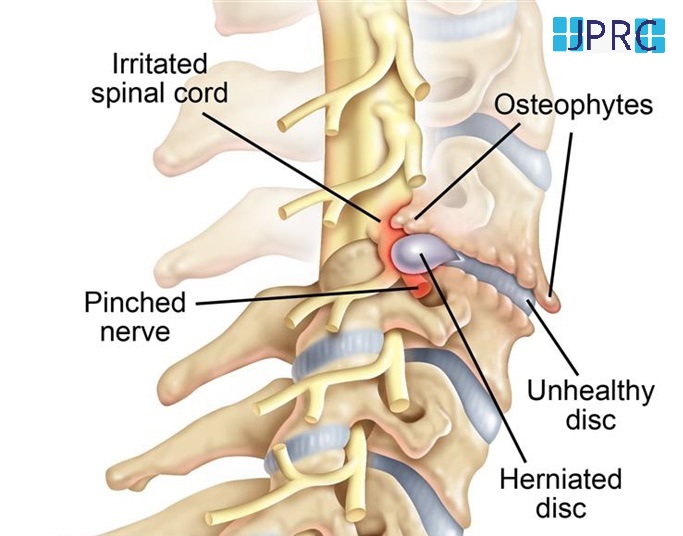

.jpg)
.jpg)
.jpg)







.jpg)
.jpg)
.jpg)
.jpg)
.jpg)
.jpg)
.jpg)
.jpg)
.jpg)
.jpg)
.jpg)
.jpg)
.jpg)
.jpg)
.jpg)
.jpg)
.jpg)
.jpg)
.jpg)
.jpg)
.jpg)
.jpg)



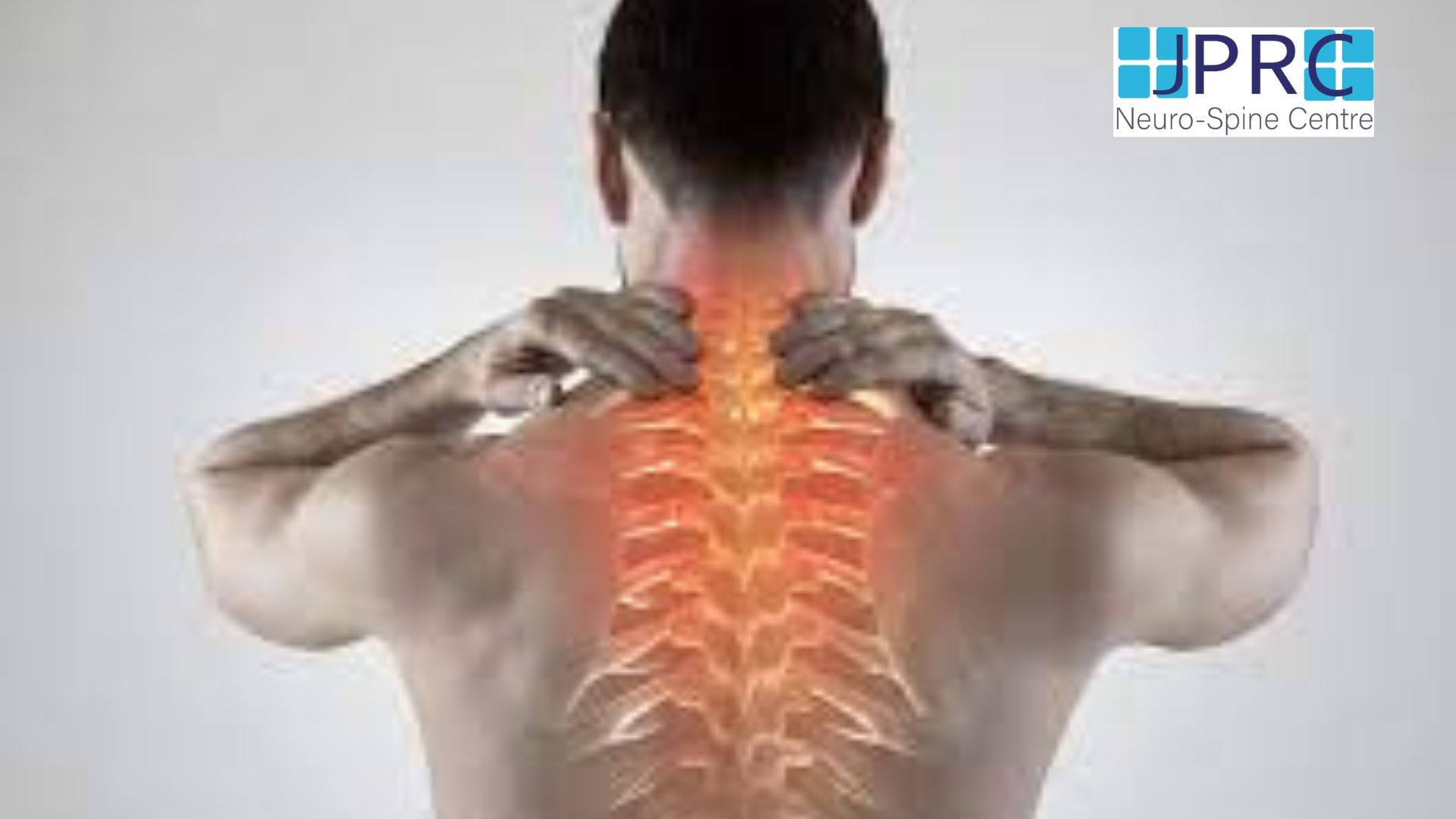




1.jpg)
1.jpg)
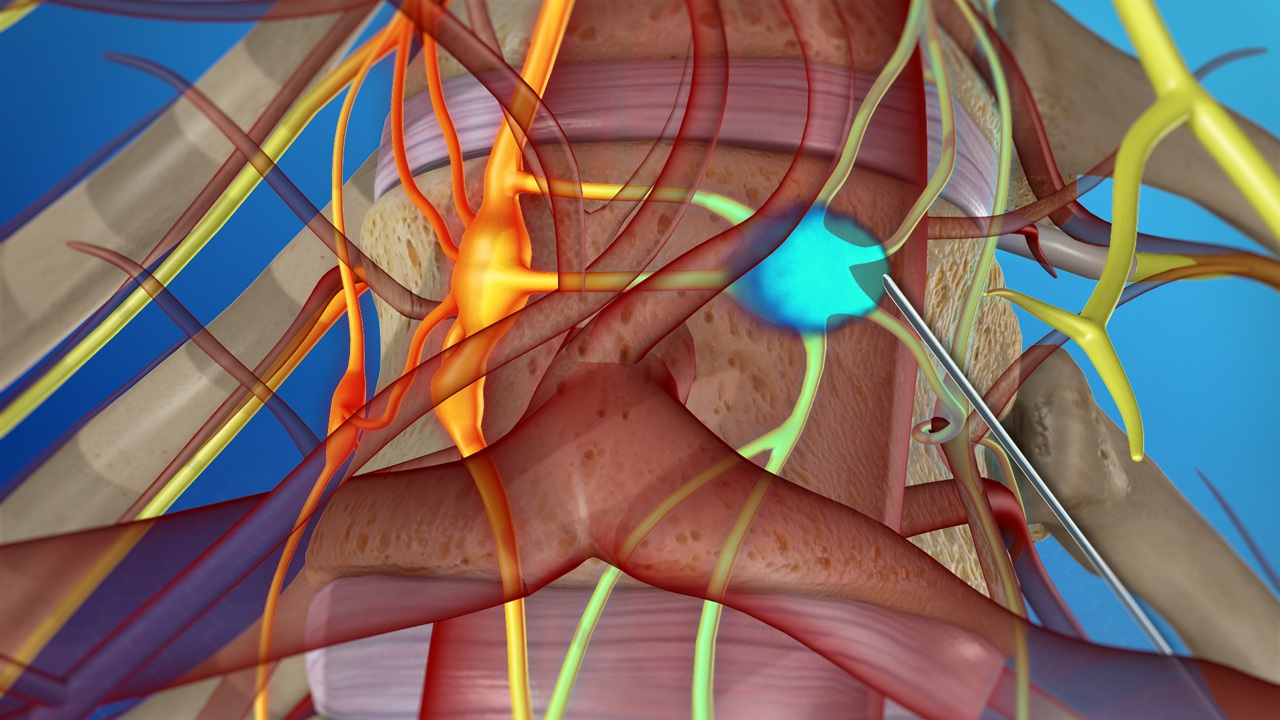
1.jpg)
1.jpg)
1.jpg)
1.jpg)
1.jpg)










2.jpg)
3.jpg)

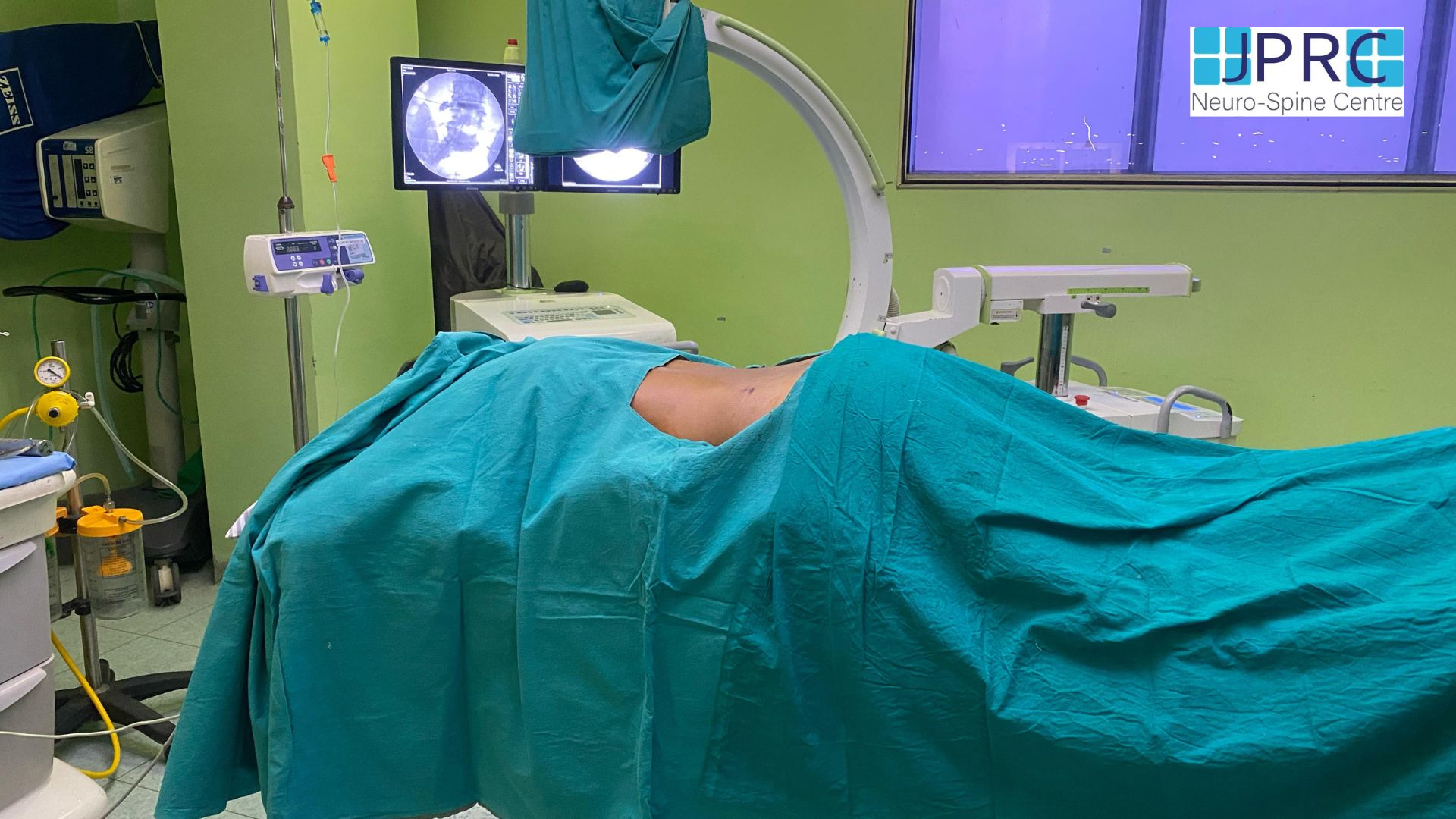

4.jpg)
1.jpg)
2.jpg)

5.jpg)
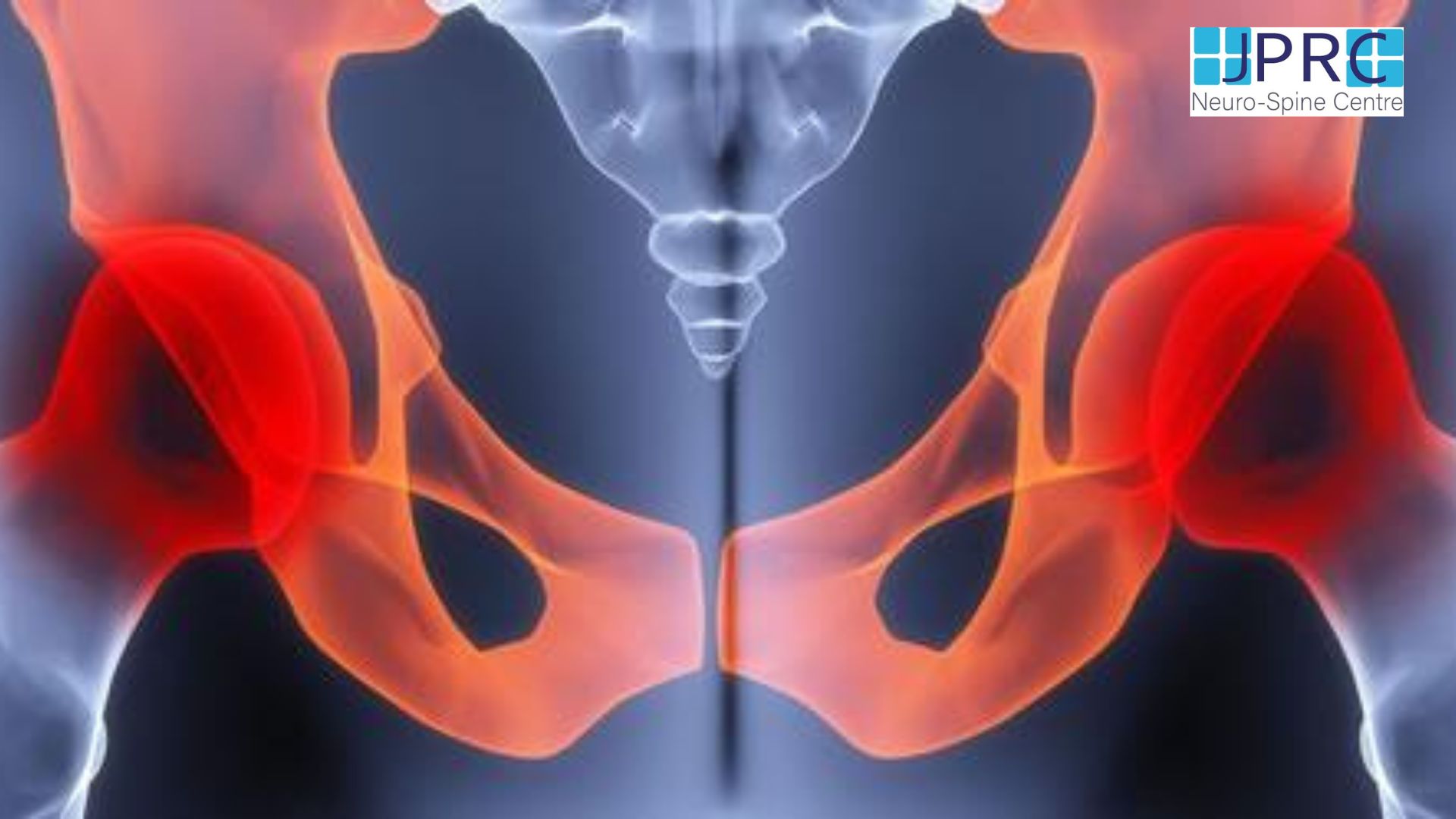
6.jpg)
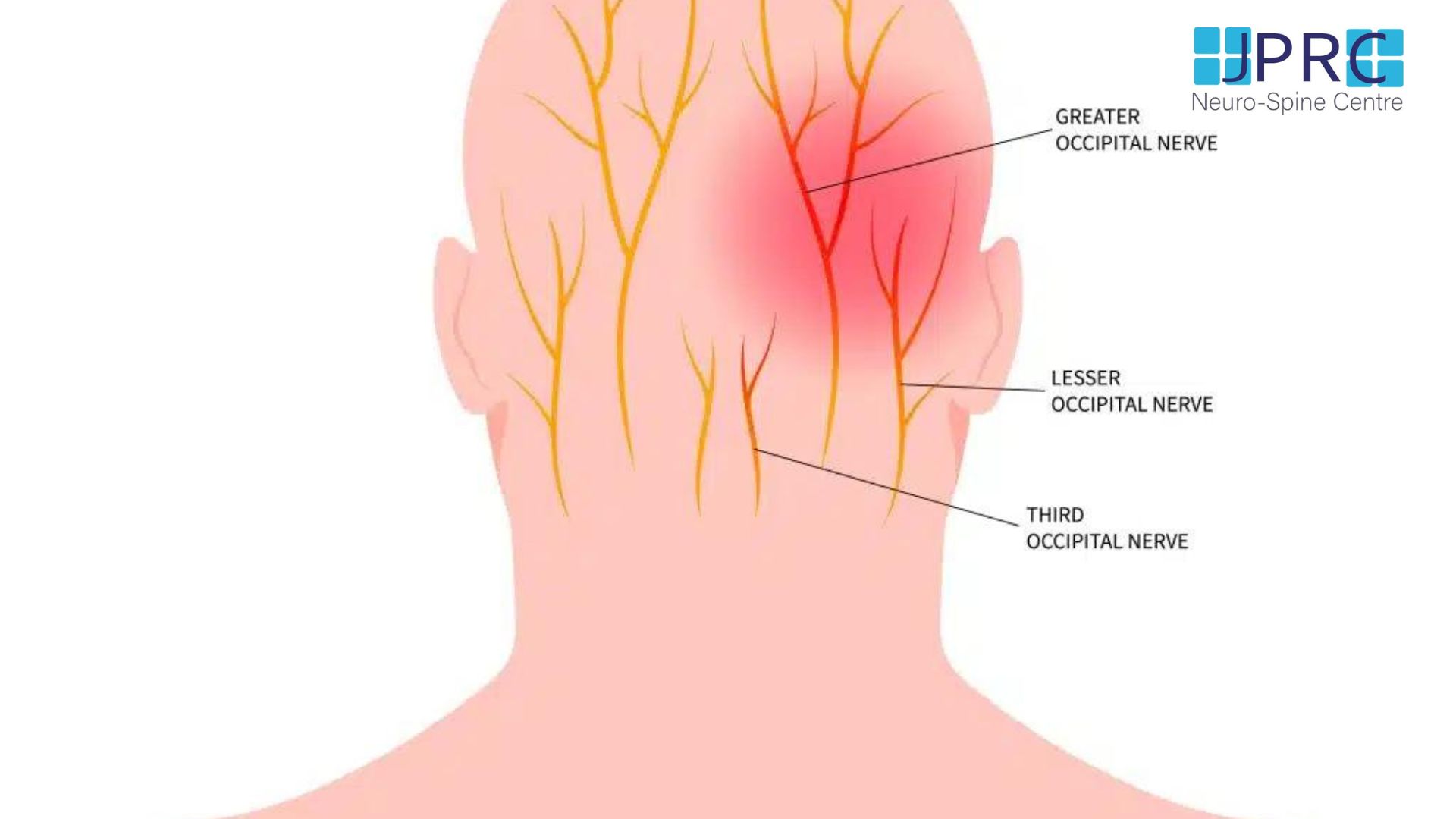


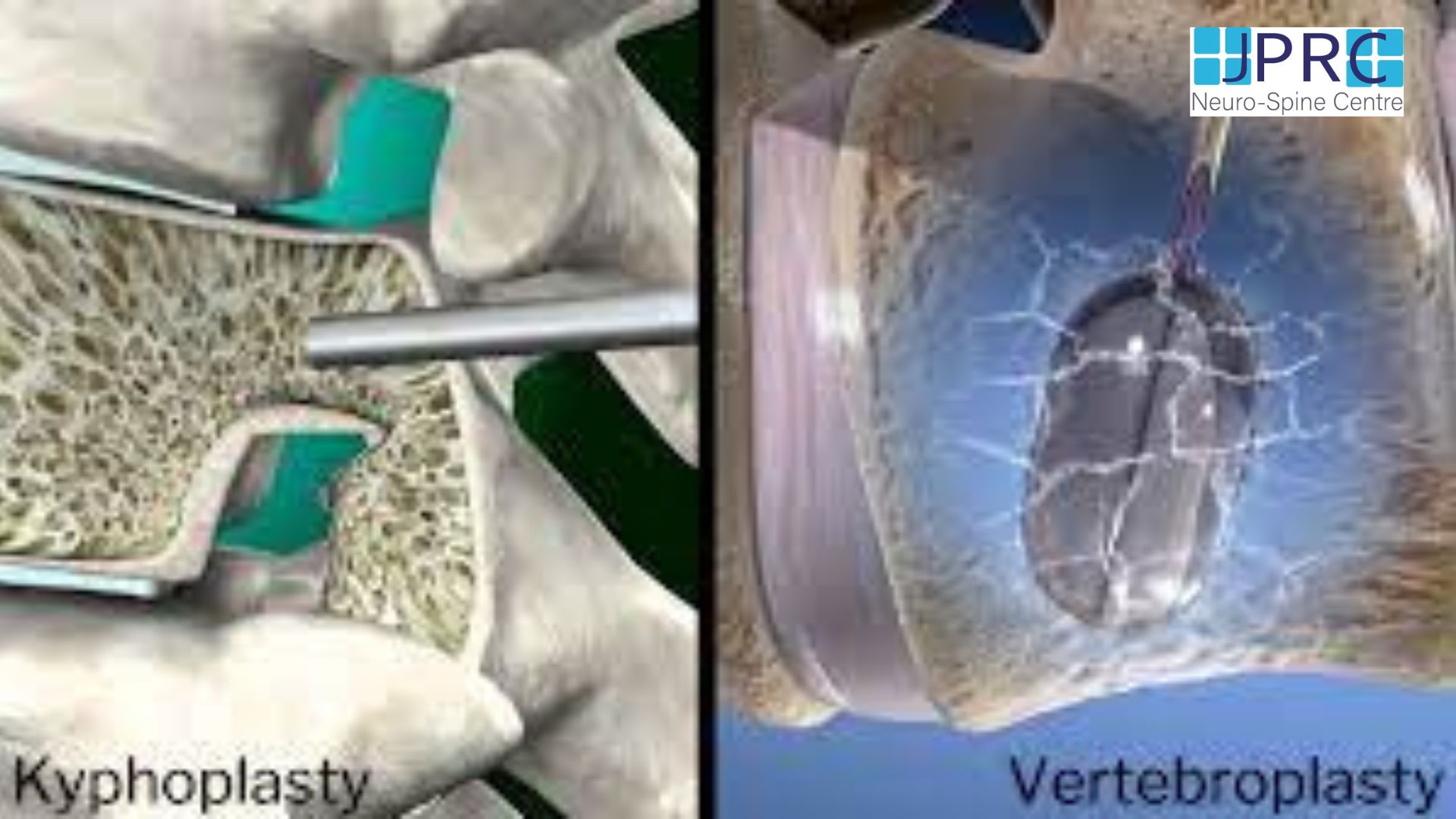
7.jpg)
2.jpg)

8.jpg)

9.jpg)
3.jpg)

10.jpg)

11.jpg)


12.jpg)
4.jpg)




























